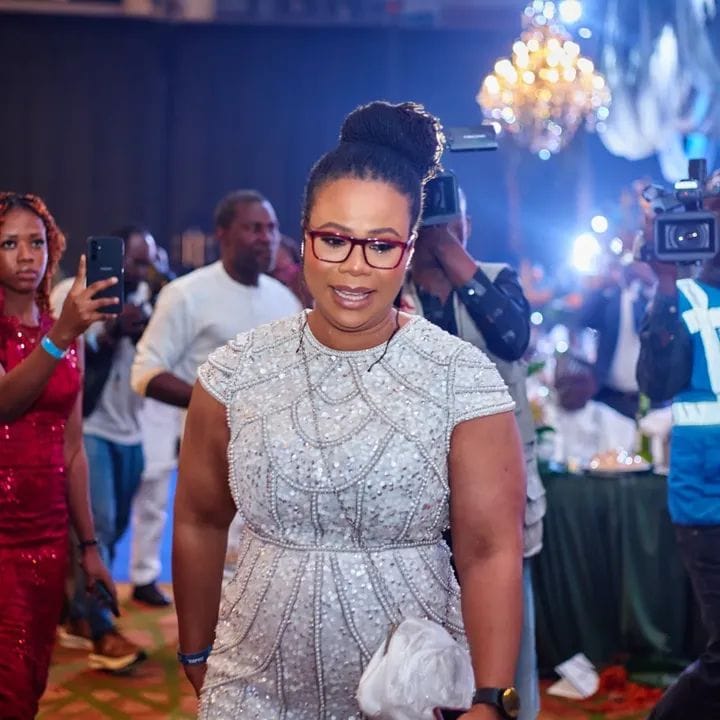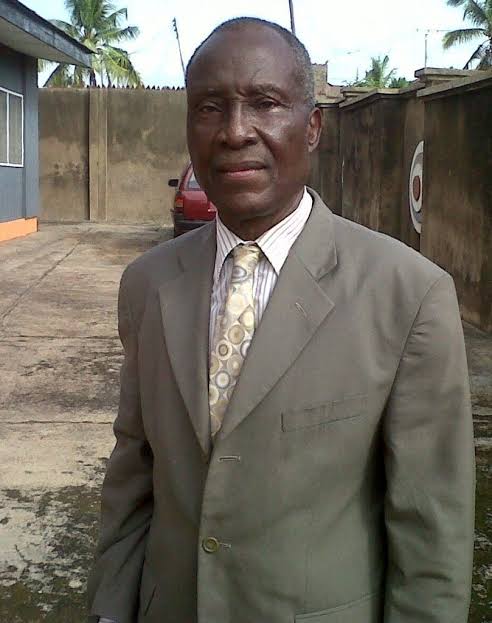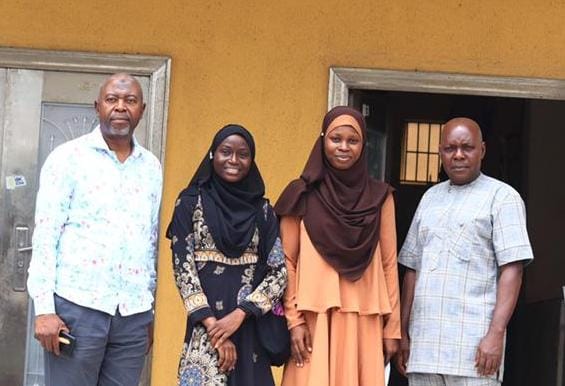NPL: Celebrating three women, one man in 20 years of prose fiction glory

* Debutants steal show as prose fiction heroines/hero
By Anote Ajeluorou
IT was for the reason of exposure that the defunct Etisalat Prize for Literature was established to celebrate first time prose fiction writers. Jowhor Ile (And After Many Days) in 2016 and Ayobami Adebayo (Stay with Me) in 2018 as 9mobile Prize for Literature were the two Nigerians who won with their debut prose fiction works before the prize was rested. Writers from Zimbabwe (Violet Bulawayo – We Need New Names) in 2015, South Africa (Songeziwe Mahlangu – Penumbra) in 2014 and DR Congo (Fiston Mwanza Mujila – Tram 83) in 2013 were all winners. But that is not the case for The Nigeria Prize for Literature that is an all-comers’ affair, as it recognises both old and young, light and heavy weight writers. However, mostly debutants and female writers have come out triumphant in the prize’s 20-year cyclic history. This has prompted some writers to suggest that the prose fiction category is perhaps a prize for first time writers much as that isn’t in fact the case. Only the inaugural edition has since failed to produce a winner in 2004.
The first winner was Kaine Agary with Yellow Yellow – a poignant work that centres on environmental degradation issues in the Niger Delta, and calls attention to the devastated environments of people living amidst oil installations and pollution that cripple all life forms whilst profits from the oil drilling and horrendous gas flares are being taken elsewhere with the locals left with the pain and frustrations of the massive despoliation. The prize wasn’t awarded the first year in 2004, but in 2008 Agary won it with Yellow Yellow.
However, in 2012 an already published writer Chika Unigwe won it with her novel, On Black Sisters Street, a story that chronicles the lives of African women in Europe, who are trying to make a living on the streets as prostitutes. Four years later, another debutant Abubakar Adam Ibrahim won with Season of Crimson Blossoms in 2016 that chronicles the life of a middle aged woman who found renewed sexual vigour in the arms of a social miscreant and in a religious society that frowns strongly at such forbidden exhibitionism in a woman like her. Ibrahim had only published a collection of short stories, The Whispering Trees before then. Season of Crimson Blossoms was his first full length prose fiction that won the coveted prize.
In 2021 Cheluchi Onyemelukwe-Onuobia’s The Son of the House was also a debut, as she hadn’t published before then. In fact, all three writers on the shortlist were debutants – Abi Dare (The Girl with the Louding Mouth) and Obinna Udenwe (Colour of Hatred, which won the inaugural edition of Chinua Achebe Literary Prize in 2021), including Onyemelukwe-Onuobia’s The Son of the House. Now this year’s prize has also gone to a debut writer, Oyin Olugbile, whose work, Sanya mirrors and subverts the Sango fire-spitting warrior phenomenon and endeared itself to the 3-man jury led by Dr. Saedat B. Aliyu, Prof. Stephen M. Ogene and Mr. Olakunle Kasumu. Unlike in 2021 when all three finalists were debutants – Onyemelukwe-Onuobia, Dare and Udenwe, this year the debutant beat two previously published writers – Nikki May (This Motherless Land) and Chigozie Obioma (The Road to the Country) to the prize, a situation that many literary pundits are yet to wrap their heads around. But it’s the harsh reality, as the prize is awarded to the books in contention that year and not the pedigrees of the writers or lack of it, where heavy weight clout counts for next to nothing.
So five book have been celebrated in the prose fiction prize category so far: Agary’s Yellow Yellow, Unigwe’s On Black Sisters Street, Ibrahim’s Season of Crimson Blossoms, Onyemelukwe-Onuobia’s The Son of the House and Olugbile’s Sanya.




